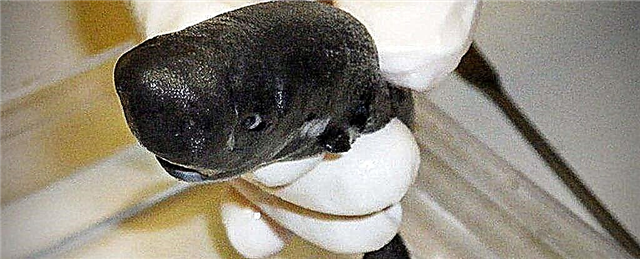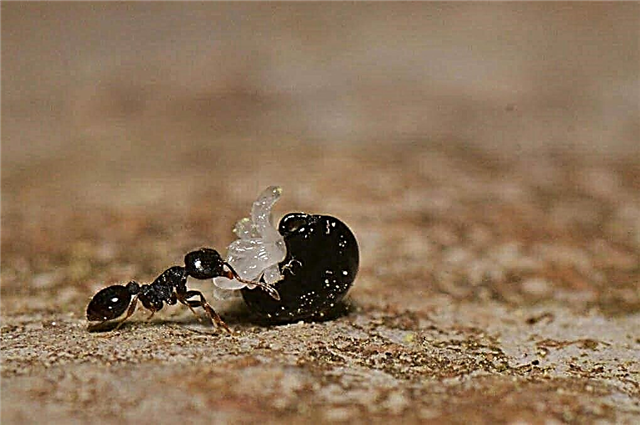
Are you upset about something? Pay well. Its size is no more than an almond nut. However, this tiny factory is capable of splashing tears.
Interesting fact: scientists studying the crying problem found small amounts of stress hormones in the lacrimal fluid.
Lacrimal glands

The lacrimal glands constantly produce tears, even when you read these lines, tears continue to flow. These tears wash your eyes, keeping them clean. Tears enter the eye through a small duct that opens in the outer corner of the eye. Each time you blink, the eyelids spread a tear in a thin layer on the surface of the eye, as car wipers spread streams of water across the windshield. Then tears flow from the eye through the drainage tubes that are located at the inner corner of the eye.
These tubes end in the nasopharynx, where the "worked out" tears flow. Then they are simply swallowed. If, say, dust enters your eye, then tears will flow in a stormy stream to wash off dust particles from the surface of the eye. There are so many tears that they flow over the edge of the lower eyelid, instead of flowing out through the drainage provided for this. You complain that your eyes are watery. But these are not the tears that come when we cry.
Tears while crying
Tears during crying are caused by strong emotions or pain. Most often, people cry with sadness, but can also shed tears of joy, anger and fear.What is the purpose of these non-cleansing tears? They seem to be able to alleviate our condition, and that's how. Tears mainly consist of water, fats, salt and sodium bicarbonate (baking soda). Therefore, the tears flowing down our cheeks have a salty taste.
But our tears are not the most salty tears in the world. For example, the body of sea gulls, eating ocean fish, contains a large amount of salt. Tears help seagulls get rid of excess salt, that is, salt is excreted from the body by tears, which means that tears contain a lot of it. If the birds remove the excess of harmful salt with tears, then maybe a person, crying, also gets rid of something harmful?
Why are tears good?
The answer seems to be in the affirmative. When we experience strong emotions or pain, our brain produces substances that signal excitement or harmful stress, and the body produces special stress hormones in response to these signals. Scientists involved in the crying problem did find some of these signaling substances and stress hormones in the tear fluid. I.e tears help us get rid of excess substancesthat are formed as a result of strong emotions. As these substances are removed, we begin to calm down.
Many say that after they cry, they feel a sense of freshness, as after a cool summer rain. Of course, you should not cry day and night, but crying a little is sometimes not harmful, but very useful for our health.












